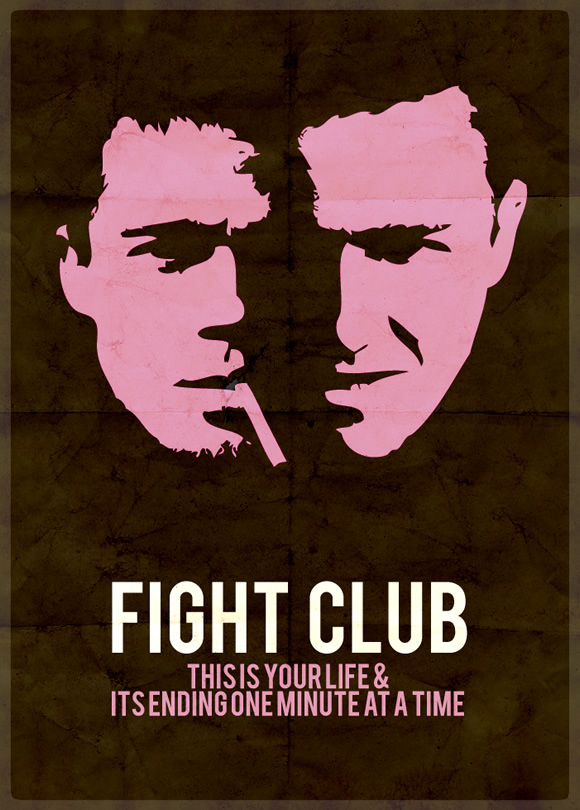This month sees the 15th Anniversary of the release of Fight Club, a film based on author Chuck Palahnuik’s 1996 novel. The film stars Brad Pitt, Edward Norton (who was at the time fresh off his Oscar nomination for 1998’s American History X) and Helena Bonham Carter, all three of whom were in their prime. 1999 is considered by many to be one of the greatest years of cinema, appropriately so due to such films as the science-fiction masterpiece The Matrix, Sam Mendes’s Oscar-winning American Beauty as well as Stanley Kubrick’s final directorial effort Eyes Wide Shut. Fight Club, on the other hand, was a film which the world was not ready for at the dawn of the new millennium. Its strong emphasis on violence in association with masculinity served as a catalyst for controversy. Some feared that it would inspire impressionable youths to imitate the various acts of assault and vandalism featured in the film. Although it opened to mixed reviews at the time of its release, Fight Club developed into a cult classic and enjoyed a greater success on DVD. 15 years later, Fight Club has become as mainstream as a film can get. Generally speaking, it has become one of those films which “everybody has seen.”
Does Fight Club still hold up well after 15 years? The answer is yes. Its deep nihilistic, anarchic and especially its anti-consumerist themes are as relevant as ever, although it has always been ironic that it is chock full of product placement despite its central message which can be summed up by Tyler Durden’s quote “The things you own end up owning you.” One might wonder what Tyler Durden would think of people waiting outside for hours on end for the release of the iPhone 6. It is much more than just a film aimed at “edgy teenagers,” as some still denounce it as. The idea of an IKEA-loving everyman snapping and unleashing his true, unfiltered self isn’t exactly that far-fetched. This has been proven countless times in news bulletins pertaining to seemingly normal individuals setting forth on a violent rampage. Upon its release, Fight Club experienced the misfortune of being released a mere 6 months after the Columbine shootings; the societal aftermath of which is something that most likely partially led to its poor box office performance.
Fight Club is still a grand piece of entertainment as well as a thought-provoking social satire. It does not feel dated in any way. Its infamous twist ending is still as mind-blowing as ever. The only thing that has changed is the gender gap between its popularity. It is thought of as the ultimate “guy flick,” largely because of its fight scenes in which male characters beat each other to a bloody pulp as a way to let off some steam. It is not very difficult nowadays to find a female fan of Fight Club. To put a long story short, Fight Club has become universal.



